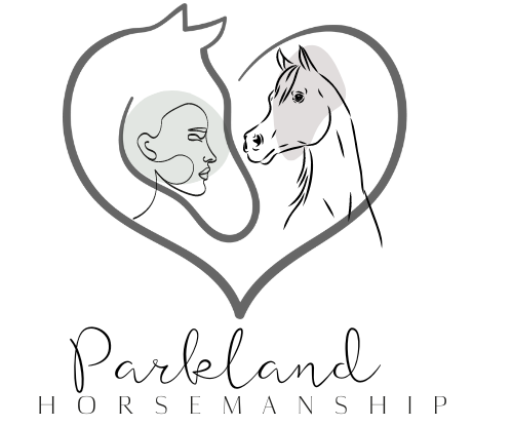Children living with disabilities like autism, cerebral palsy and Down syndrome often benefit greatly from horseback riding therapy sessions. Horseback riding provides them with a way to develop coordination, balance and flexibility – much like regular physical therapy can.
Interacting with horses teaches people to trust their intuition, step outside their comfort zone, and be patient – qualities which are particularly helpful to children with emotional or behavioral problems.
Social Skills
Children living with disabilities such as autism, cerebral palsy, ADD/ADHD and Down Syndrome can gain great benefit from equine therapy. Kids learn to control their emotions while building strength, confidence and independence while creating an important bond with the horse which can enhance social behaviors and boost self-esteem.
Horses are considered nonjudgmental and impartial companions. Because their tendency is to overlook negative body language or physical appearances, horses make ideal companions for individuals who have difficulty connecting with others.
And since children with disabilities often lack balance and coordination, learning to ride a horse can be particularly helpful in building muscle tone and improving balance. Furthermore, grooming and training the animal helps build a connection and raise self-esteem as they get to interact with it through calling its name – further increasing communication skills and strengthening speech development.
Anxiety
Equine Therapy helps clients build skills in communication, self-control, problem solving and flexibility while boosting self-esteem, flexibility and independence. Equine’s sensitive nature as they mirror behavior and emotions aid clients in learning about themselves and identifying new ways of thinking or altering negative patterns that arise within themselves or through others.
Children and adolescents often feel connected to horses, helping reduce feelings of isolation. By exploring nature differently they gain new insights as well as feelings of connection and purpose in their lives.
Interacting with horses also fosters trust, particularly for those experiencing trauma or loss. Because horses do not judge, this interaction helps heal from past experiences without judgment from them; also, horses intuitively respond to anxiety from clients which allows for deeper insight into oneself.
Trauma
Children who have experienced trauma may lack the tools needed to communicate effectively or form trusting relationships with other humans. Equine Therapy provides a solution by teaching children how to form these connections with an animal who won’t judge them – an animal like an equine can teach these kids invaluable life lessons!
Horses are prey animals and as such are adept at reading human emotions and nonverbal cues accurately. Horses will frequently mirror client movements to demonstrate they understand their behavior and signals, encouraging a healthy emotional bond between client and horse.
Working with horses requires intuition, patience, and an openness to expand one’s comfort zone. Working with horses helps develop self-acceptance as growth becomes a process rather than an end goal – an idea which translates easily to other areas of life such as social interaction and critical thinking.
Impulse Control
Children with special needs often lack impulse control when engaging socially, making interactions challenging for them. Working with horses provides them with an opportunity to manage their feelings more effectively while building trust while developing empathy towards others.
Hippotherapy (also referred to as Equine-Assisted Therapy or EAT) is an innovative form of physical, occupational, or speech-based treatment involving the use of therapeutic horses. As the horse moves with purposeful movement it engages rider muscles, joints, nervous system as well as posture to promote balance posture motor skills development.
Horses’ soothing presence can help ease anxiety by encouraging relaxation and lowering heart rate. Their attentive and nonjudgmental companionship can also be extremely therapeutic for those struggling with depression. Their natural ability to sense human emotion enables people to feel understood and supported by them.
Critical Thinking
Since horses are herd animals, they are extremely attuned to nonverbal cues and can accurately reflect someone’s emotions and physical movements in an objective way. This allows clients to identify their feelings and modify them.
Working with horses also enhances clients’ ability to think critically and respond rationally, which may help them cope better with anxiety disorders and other emotional challenges.
Success in therapy sessions can help a child build both confidence and self-esteem. The sense of accomplishment they feel from working with the horse can provide motivation to tackle more complex tasks in other aspects of their lives – this can especially benefit ADHD children whose successes in therapy programs help them stay on track and meet their goals.

